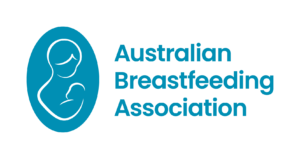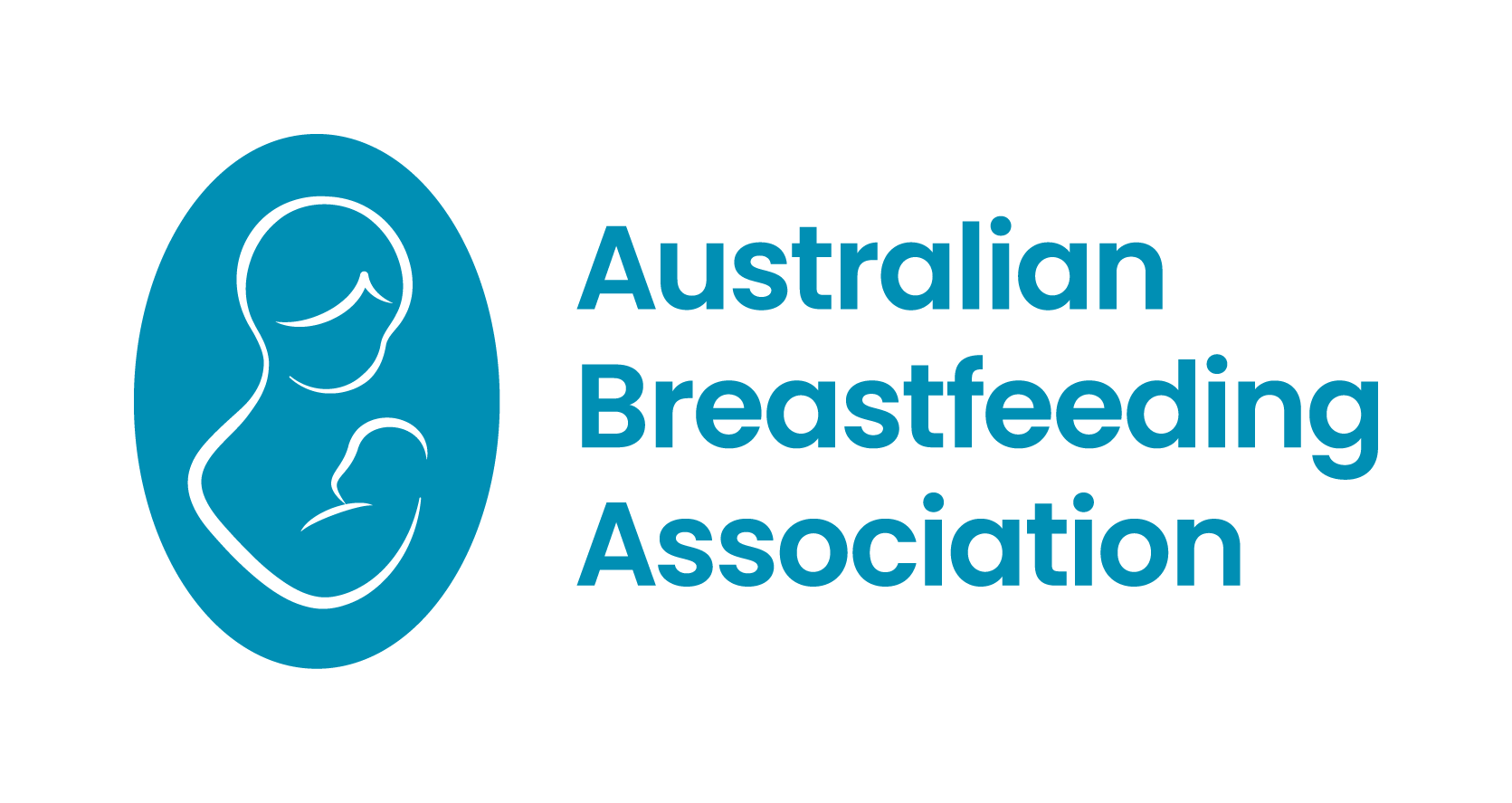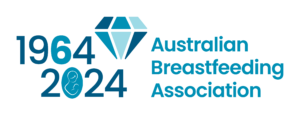Reducing sleep-related infant mortality is a national and global health priority. The leading category of postneonatal mortality in Australia is sudden unexpected death in infancy (SUDI). Suboptimal breastfeeding practice is associated with increased risk of infants dying suddenly and unexpectedly. Human breastmilk is universally acknowledged to be the optimal form of nutrition, contributing to child survival and conferring immunologic advantage over formula-feeding. This paper presents an analysis of data from the 2017 Infant Caregiver Awareness and Routines Evaluation among Queenslanders (I-CARE Qld) Study to establish the maternal and infant characteristics, infant care practices and sleep-related factors that influence breastfeeding duration within a contemporary Australian cohort. A cross-sectional survey of 3341 Queensland caregivers with infants approximately 3 months old was conducted. Statistically significant predictors for breastfeeding cessation at 8 weeks were found using univariable and multivariable analyses. These include: young maternal age, single, less educated, smoker, public patient, higher pre-pregnancy body mass index (BMI), the birth of a male infant, delivery via caesarean section, in-hospital formula supplementation, admission to a neonatal nursery, dummy use and infant sleep location. Given the increased risk of sudden infant death related to suboptimal breastfeeding practices, further consideration and strategies targeting these potentially at-risk population groups are required.
https://search.informit.org/documentSummary;res=IELHEA;dn=056029363199859







